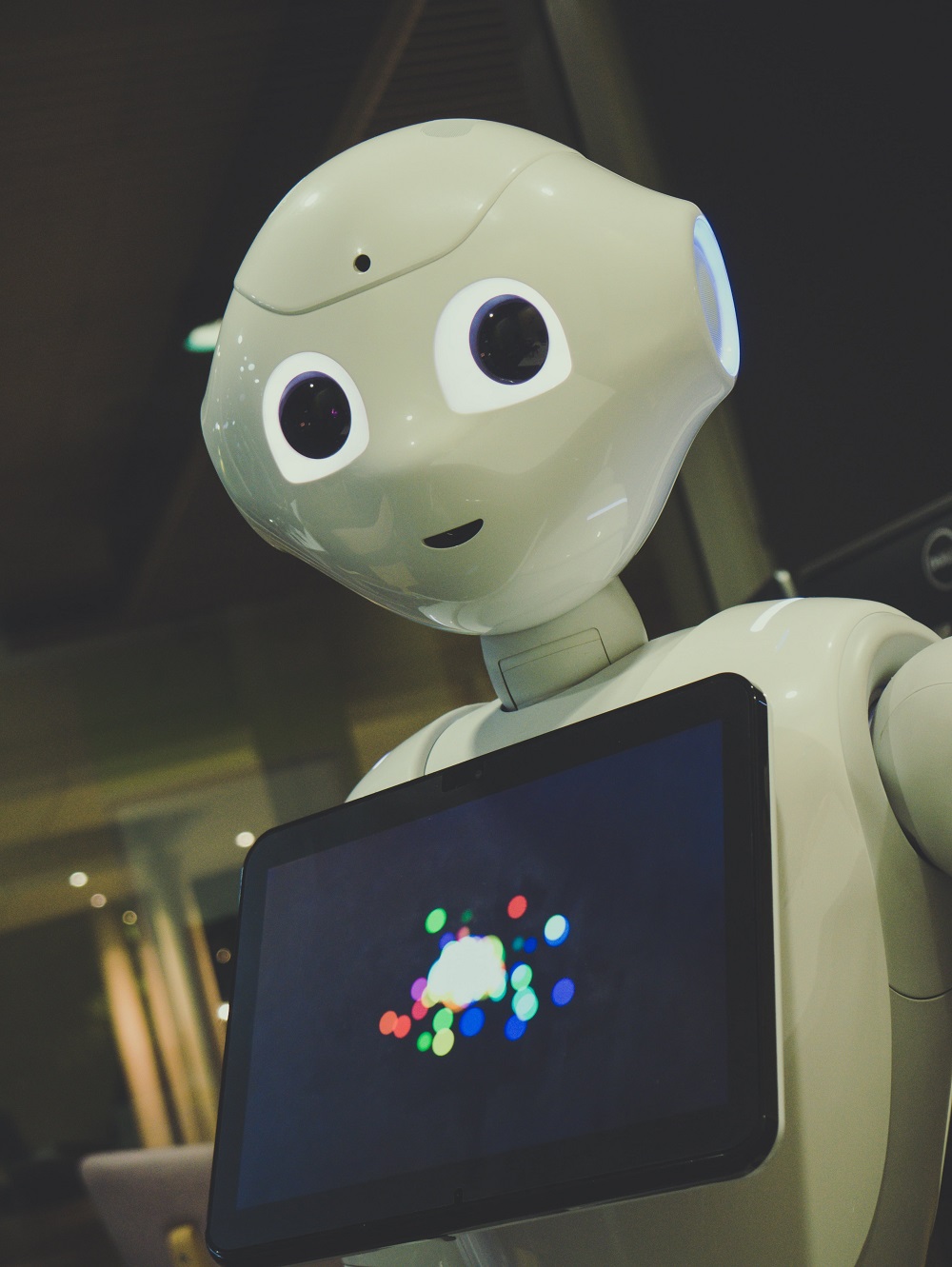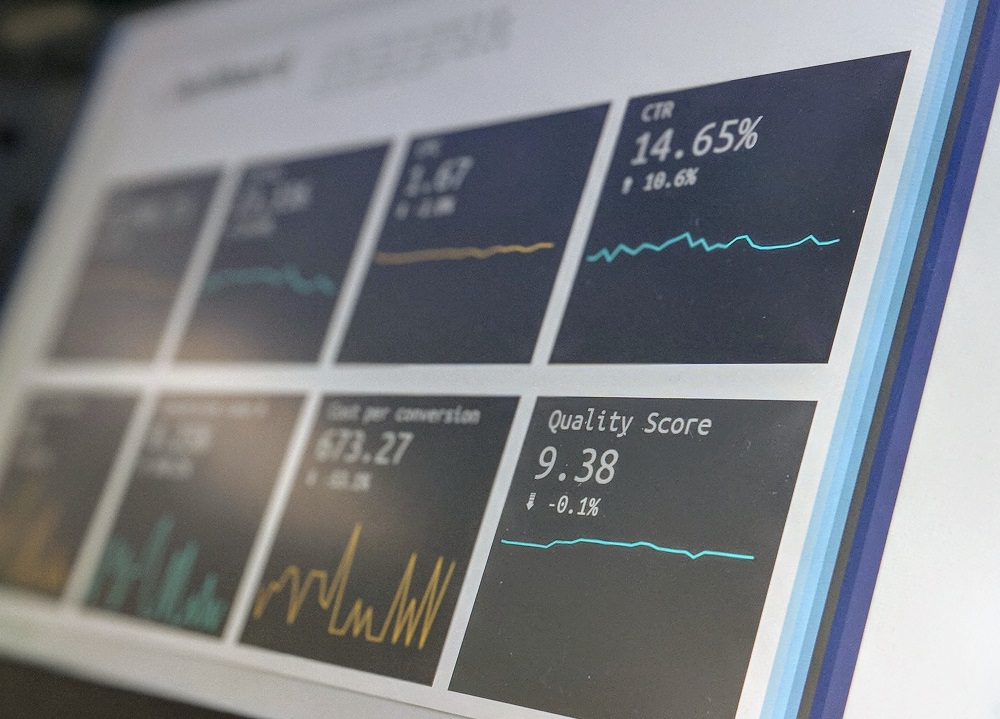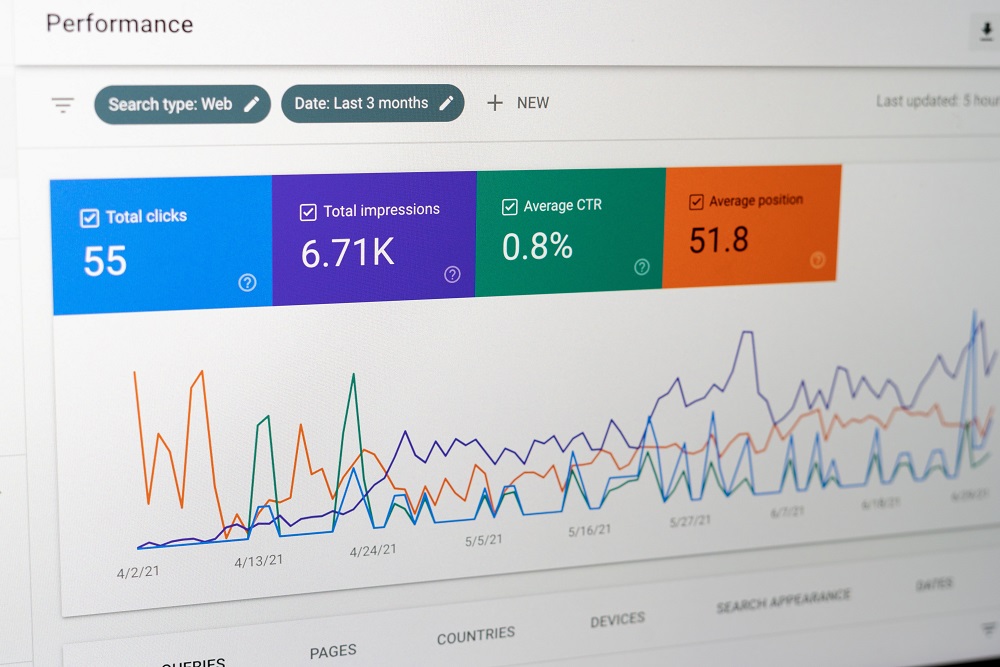Conducting market research is essential for every successful business plan. Data about market tendencies, customer habits, and rivalry are all part of what needs to be gathered and analyzed. The data is then used to shape future products, advertising campaigns, and the company as a whole.
Technology improvements have allowed for quicker and more precise data collecting and processing in the market research sector throughout the years.
Artificial intelligence has changed the way businesses connect with potential clients. Using AI, companies can broaden their operations and enter previously untapped sectors. It has the potential to revolutionize the role of market research and the way that companies now approach market analysis. Understanding the impact of AI on the market research sector requires an appreciation for the growing obsolescence of conventional approaches.
While market research has always played an important role in understanding customer behaviour, the advent of big data is beginning to alter that. The old ways of conducting market research were so time-consuming and costly that they were reserved for life-or-death choices. As a result, only a few within the organization had access to crucial business information and market intelligence.
The market research sector is stuck in its outdated ways, but AI can change all that.
What is Artificial Intelligence (AI)?
Artificial intelligence (AI) refers to the study and development of techniques for creating intelligent machines, in this case, software. AI is analogous to the goal of utilizing computers to comprehend human intellect, but it is not limited to approaches that can be directly observed in living organisms.

AI works by using a lot of data to learn patterns and make predictions or choices. Machine learning algorithms, which are taught on labelled data sets, are often used to do this. Statistics are used by the algorithms to find patterns in the data and make models that can be used to make predictions or choices based on new data.
How AI is Transforming the Market Research Industry
In recent years, artificial intelligence has made significant contributions to the field of market research. With the help of AI, scientists can now gather and analyze data faster and more precisely than ever before. This has resulted in improved research project turnaround times and more reliable, actionable findings.
By facilitating faster and more precise data collection, analysis, and prediction, AI is revolutionizing the market research sector. Algorithms powered by AI can swiftly and precisely sift through mountains of data in search of patterns and trends, allowing researchers to more efficiently and effectively draw conclusions. The use of AI in market research has already led to improved customer segmentation, sentiment analysis, and targeted advertising.
And because AI enables data analysis in real-time, businesses can quickly adjust to shifting market conditions and client preferences. Therefore, AI is assisting businesses in making better products, services, and customer decisions so that they can remain competitive.
Benefits of AI in Market Research
AI provides several benefits to the field of market research. AI technology can help researchers identify patterns and trends in data that might be difficult to spot manually. Additionally, AI technology can help reduce the risk of human error in data analysis, leading to more accurate insights.
Here are some of the most important benefits of AI in Market Research:
Efficiency
One of the most significant benefits of AI in market research is that it can process large amounts of data quickly and accurately. This enables researchers to analyze more data than ever before, which can lead to more accurate insights and predictions. AI can also automate many of the mundane and time-consuming processes associated with market research, such as data collecting and analysis, saving researchers a great deal of time and effort.

Accuracy
Artificial intelligence algorithms can spot trends and patterns in data that humans would overlook. As a result, businesses may gain more precise insights and predictions about their products, services, and clientele, allowing them to make more educated business decisions. For example, AI can analyze customer behaviour across multiple channels, such as social media and online shopping, to identify trends and preferences that might not be apparent through other research methods.
Cost-effectiveness
AI can automate many of the tasks involved in market research, which can reduce the costs associated with traditional research methods. For example, AI-powered chatbots can conduct surveys and gather data from respondents in real time, which can be more cost-effective than hiring human researchers to conduct surveys.
Personalization
AI can help companies create personalized marketing campaigns that target individual needs and preferences. By analyzing data from a wide range of sources, such as social media, online shopping behaviour, and purchase history, AI can help companies understand their customers better and create more tailored marketing messages.
Real-time data analysis
By analyzing data in real time, AI helps businesses adapt rapidly to shifting client preferences and market situations. Better product development, marketing, and customer service decisions can help businesses maintain a competitive edge.
Overall, the benefits of AI in market research are significant and far-reaching. By enabling faster, more accurate, and more cost-effective research methods, AI can help companies make better-informed decisions about their products, services, and customers.

Top 10 Ways AI is Revolutionizing the Market Research Industry
Open-ended text responses from multiple channels
It is impossible to stay on top of all of the emails, survey responses, and social media comments that come in. However, with the help of effective text analysis, it is not difficult to comprehend the thoughts and desires of the customers. It is possible to convert texts into trends through the utilization of language processing and sentiment analysis. The AI-driven models do an analysis of credible data and transform the results into insights that may be put to use.
Dig deep into consumer responses
One can create algorithms to ask follow-up questions based on the data received from earlier respondents. These questions are based on the information that was provided by those respondents. Companies have the ability to conduct more in-depth research on customer feedback and develop prediction models in order to identify potential avenues for business growth. In addition to offering insights into conversions, AI is helpful in compiling feedback.
AI makes it easier to find answers quickly
It is not necessary to wait until the end of the survey to weed out applicants who would not be a good fit. One can swiftly analyze a large pool of replies using AI and reject those who do not match the profile in question. You are then left with a curated list of potential people to target.
Maximize the value of information already in existence
Not only can AI aid in improving survey design and data collection, but it can also assist with making better use of the data that already exists. It has the ability to liberate the full power of operational data for the purpose of gaining valuable insights.
Speed up your reporting and save time
Writing reports takes up the majority of a market researcher's work, although artificial intelligence models can help with this aspect as well. They can learn to make predictions, come to their own conclusions, and compile all of this information into reports. Your time is freed up, allowing you to concentrate on other matters that will contribute to the creation of value for your customers or the stakeholders.

Eliminating personal biases
Every single market researcher is aware of the fact that personal biases present significant dangers to the reliability of the data. The use of AI models eliminates this as a potential source of concern. The objective nature of AI makes it useful for improving surveys and accumulating more accurate data. It is one of the most effective ways in which AI has been assisting market researchers to perform their jobs more effectively.
Focus on the important parts of the job
Automation is not a new concept, but it does save you from doing labour that is repetitive. You may quickly automate tasks that are difficult and time-consuming with the help of AI technology. You will also be able to concentrate on more difficult tasks, such as localizing surveys for different locations or cleaning data.
Stop members of the community from leaving the community
The participants in online communities contribute to the process of initiating and maintaining regular conversations with end users. AI helps you maintain engagement with your audience by reducing churn and improving the quality of the results you acquire. You can determine whether members are at risk by using predictive modelling to analyze their login information and other relevant data
Carry out original and supplementary research
When organizations are customizing pricing plans, assessing suppliers, and looking into new markets, they utilize auxiliary research to assist them in doing so. But because these activities require an investment of time, primary research is accorded a higher priority in situations like these. You can delegate the task of analyzing secondary research to AI models, which can do it in a matter of seconds and reveal recurring themes and patterns in the data. Newspaper and magazine articles have been digitized and archived online thanks to substantial digitization efforts. The use of AI can cut the amount of labour you need to do in half while producing results that are twice as good.

Improves surveys on a consistent basis
In point of fact, there is a possibility that market researchers will never require assistance in drafting questions for surveys. However, AI may perform the last quality assurance check on every survey and provide assistance when surveys begin collecting replies. The use of artificial intelligence can assist in determining which aspects of the questions being asked require further modification or which reveal hidden biases.
Future of AI in Market Research
The future of AI in market research is bright. As AI technology continues to evolve, it is likely that market research applications will become even more sophisticated. For example, AI-powered virtual reality environments could be used to simulate consumer behaviour and test product prototypes in a realistic setting.
Furthermore, as AI becomes more readily available and affordable, it is likely to see increased use in market research. This could lead to increased competition in the industry, as smaller businesses are able to compete with larger research firms.
The use of artificial intelligence (AI) in market research is already having a major impact, and this trend is only projected to accelerate in the years to come. Here are some potential ways in which AI could shape the future of market research:
- Enhanced data analysis - AI can analyze large volumes of data quickly and accurately, enabling researchers to extract insights that might have been missed otherwise. AI can also help to identify patterns and trends that humans might overlook.
- Improved predictive modelling - AI can help researchers build more accurate predictive models by analyzing large amounts of historical data and identifying patterns that can inform future predictions.
- Automated surveys - AI-powered chatbots and virtual assistants can conduct surveys and gather data from respondents in a more efficient and cost-effective way than traditional methods.
- Enhanced customer profiling - AI can help researchers create more detailed customer profiles by analyzing data from a wide range of sources, including social media, web browsing behaviour, and purchase history.
- Enhanced sentiment analysis - Businesses can now use AI to sift through massive volumes of social media data to get a sense of how customers feel about their products, services, and brands.
- Customized marketing strategies - By analyzing consumer data and behaviour, businesses may better cater to their customer's specific interests and demands.

- Real-time data Analysis - Artificial intelligence (AI) can deliver real-time data analysis, enabling businesses to swiftly respond to shifting market conditions and client preferences.
- Improved data security - AI can help to improve data security in market research by identifying and mitigating potential threats.
- Automated report generation - AI can automate the process of generating reports, saving time and resources for researchers.
- Integration with other technologies - To gain a deeper understanding of consumer habits and market shifts, AI can collaborate with other technologies like blockchain and the Internet of Things.
As AI continues to evolve and become more advanced, we can expect it to have an even greater impact on the field of market research. Companies that embrace AI will be able to stay ahead of the competition by making more informed decisions and responding more quickly to changing market conditions.
Overall, AI has the potential to make market research faster, more accurate, and more cost-effective, enabling companies to make better-informed decisions about their products, services, and customers.
Also Read - Strategies For Success In International Market Research.
Conclusion
AI technology is revolutionizing the market research industry in countless ways. From predictive analytics to price optimization, AI is enabling researchers to collect and analyze data more efficiently and accurately than ever before. As technology continues to evolve, we can expect to see even more advanced applications in the field of market research.

Additionally, AI-powered surveys can also adapt to the respondents' answers and provide a customized experience. For instance, if a respondent answers negatively to a question about a product, the AI algorithm can ask follow-up questions to understand why the respondent feels that way and suggest solutions that might change their perception. This level of personalization can help increase response rates and provide more insightful data.
Finally, AI can also improve the accuracy of surveys and research by reducing human error. With machine learning algorithms, AI can learn from past data and improve its predictions and analyses over time. This ensures that the insights generated from market research are reliable and accurate.
In summary, AI is revolutionizing the market research industry in numerous ways, from enhancing the accuracy and personalization of surveys to reducing biases and saving time. As AI technology continues to evolve, it will likely become an even more integral part of the market research process, helping businesses stay ahead of the curve and make data-driven decisions that drive growth and success.
With a presence in New York, San Francisco, Austin, Seattle, Toronto, London, Zurich, Pune, Bengaluru, and Hyderabad, SG Analytics, a pioneer in Research and Analytics, offers tailor-made services to enterprises worldwide.
A leader in Market Research services, SG Analytics enables organizations to achieve actionable insights into products, technology, customers, competition, and the marketplace to make insight-driven decisions. Contact us today if you are an enterprise looking to make critical data-driven decisions to prompt accelerated growth and breakthrough performance.









